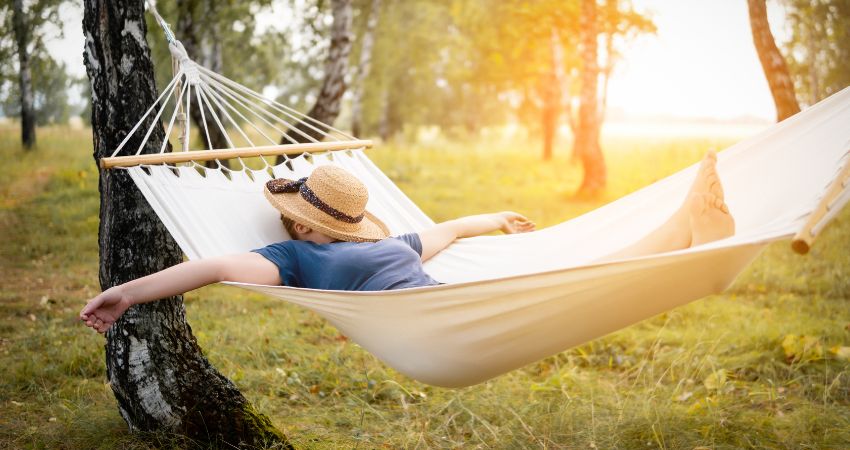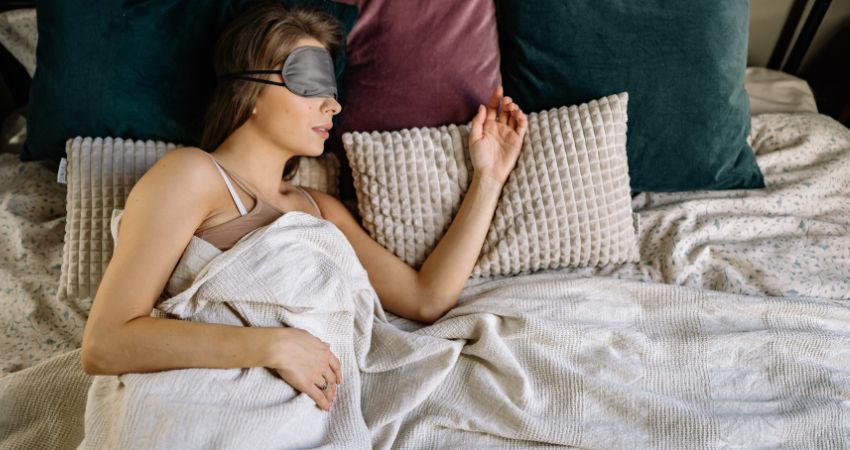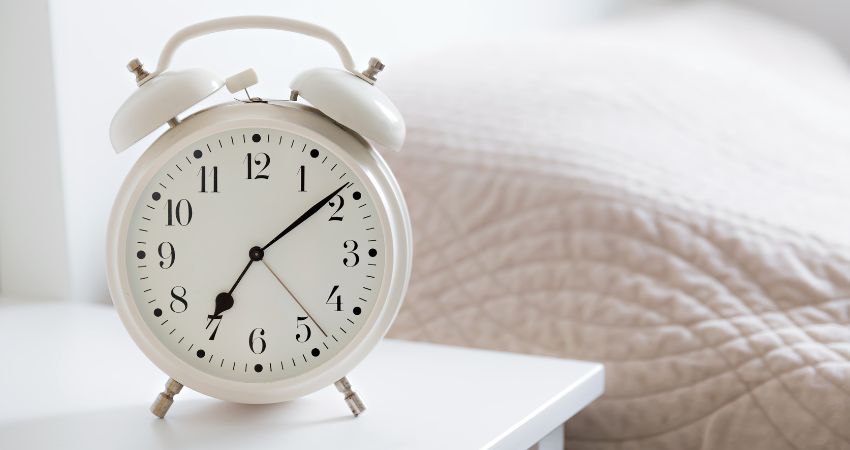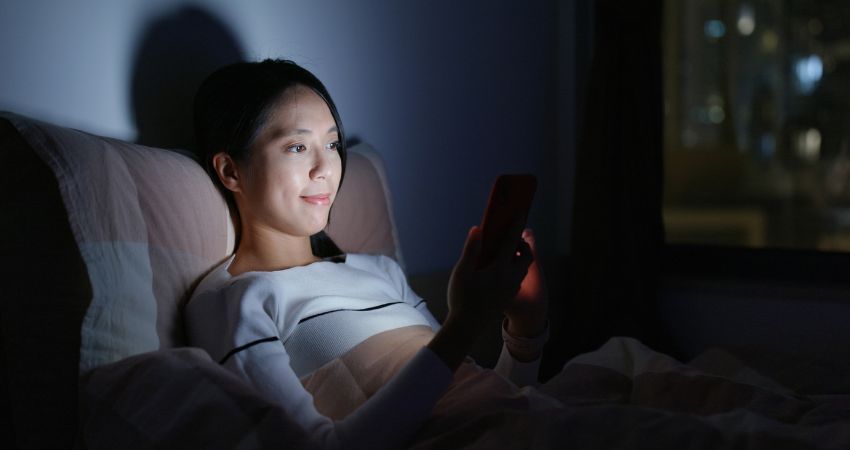Your Summer Sleep Cheat Sheet: 6 Tips to Rest Easy
While the warm, longer summer days may be a welcome change, they also usher in a shift in our sleep patterns, otherwise known as our circadian (pronounced SAR-CADE-IAN) rhythms, and consequently impact our overall sleep quality.
Understanding Circadian Rhythms
Our bodies operate on a natural internal clock known as the circadian rhythm. This 24-hour cycle regulates various physiological processes, including sleep-wake cycles, hormone production, and body temperature. The primary driver of our circadian rhythm is exposure to light, particularly natural sunlight.
The Impact of Longer Days
During the summer months, the days become noticeably longer, with the sun setting later in the evening. This extended exposure to daylight can disrupt our circadian rhythm, leading to changes in our sleep-wake cycles. The abundance of natural light, especially in the evening, can trick our bodies into thinking it’s still daytime, making it challenging to wind down for sleep.
Tips for Optimizing Sleep in the Summer
1. Prioritize Darkness in the Bedroom
Create an environment conducive to sleep by using blackout curtains to block out the late evening sunlight. This helps signal to your body that it’s time to wind down.
2. Establish a Consistent Sleep Schedule
Try to maintain a consistent sleep routine, going to bed and waking up at the same time each day. This helps regulate your circadian rhythm and improves overall sleep quality.
3. Limit Screen Time Before Bed
The blue light emitted by screens can interfere with the production of the sleep hormone melatonin. Avoid electronic devices at least an hour before bedtime to promote better sleep.
4. Take Advantage of Morning Light
Exposure to natural light in the morning helps regulate your circadian rhythm and signals to your body that it’s time to be awake. Spend time outdoors, even if it’s just for a short walk, to soak in the early sunlight.
5. Stay Cool at Night
Warmer temperatures are a common feature of summer nights. Keep your bedroom cool with fans or air conditioning to create a comfortable sleep environment.
6. The Role of Melatonin
Melatonin, often referred to as the ‘sleep hormone’, is crucial for regulating sleep-wake cycles. Its production is influenced by exposure to light, with levels typically rising in the evening as it gets darker. During the summer, increased exposure to light, especially in the late evening, can suppress melatonin production, making it more challenging to fall asleep.
You can naturally boost your melatonin levels by eating a dessert rich in milk, berries and cherries, nuts and oats, and by avoiding eating spicy foods, chocolate, tomato and citrus fruits before bed.
While summer promises fun, outdoor activities and sunshine, it’s essential to be mindful of how these seasonal changes can impact our sleep. By understanding the connection between longer days, circadian rhythms, and sleep quality, we can adopt habits that promote restful and rejuvenating nights during the summer months.
Implementing simple adjustments to our sleep environment and daily routine can make a significant difference in ensuring that the magic of summer days doesn’t compromise the tranquility of our summer nights. So, as you bask in the warmth of the season, remember to prioritize the rest your body needs to fully embrace the energy and joy that summer has to offer. Sweet dreams!








